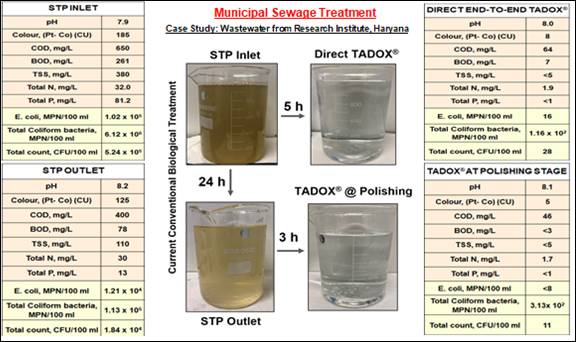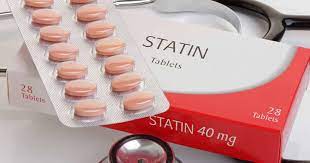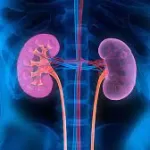A new study presented at the American College of Cardiology’s Annual Scientific Session has uncovered a concerning association between stimulant medications prescribed for attention-deficit/hyperactivity disorder (ADHD) and the development of cardiomyopathy, a condition characterized by weakened heart muscle.
The study, led by Pauline Gerard, a second-year medical student at the University of Colorado School of Medicine, found that young adults prescribed stimulant medications such as Adderall and Ritalin were significantly more likely to develop cardiomyopathy compared to those who were not prescribed these medications. Over a period of ten years, individuals on stimulant medications were 17% more likely to have cardiomyopathy at one year and 57% more likely at eight years, highlighting a potential long-term risk associated with these drugs.
Cardiomyopathy can lead to fatigue, limited physical activity, and worsened heart function over time, posing significant health challenges for affected individuals.
The study, which analyzed data from the TriNetX research database comprising information from about 80 hospitals across the U.S., involved over 12,000 pairs of individuals diagnosed with ADHD between the ages of 20 and 40. Each participant prescribed stimulant medications was matched with a similar individual who was not prescribed stimulants, considering factors such as age, sex, and other health conditions.
Despite the significant association between stimulant medication use and cardiomyopathy, researchers emphasized that the overall risk remains relatively low. After ten years of stimulant use, less than three-quarters of one percent of patients developed cardiomyopathy, compared to a little over half of one percent among those not prescribed stimulants.
Gerard emphasized that while the study underscores a real risk associated with long-term stimulant use, it should not prompt clinicians to stop prescribing these medications altogether. The benefits of stimulant therapy in managing ADHD symptoms often outweigh the potential risks, especially when considering the relatively low incidence of cardiomyopathy.
However, the study suggests the need for further research to identify subgroups of patients at greater risk of developing cardiomyopathy and to explore potential differences among various ADHD medications and types of cardiomyopathies. Understanding these nuances could inform future screening approaches and help optimize the safe use of stimulant medications in clinical practice.
The findings highlight the importance of balancing the benefits and risks of stimulant therapy in ADHD management, ensuring that patients receive appropriate care tailored to their individual needs and health risks.












